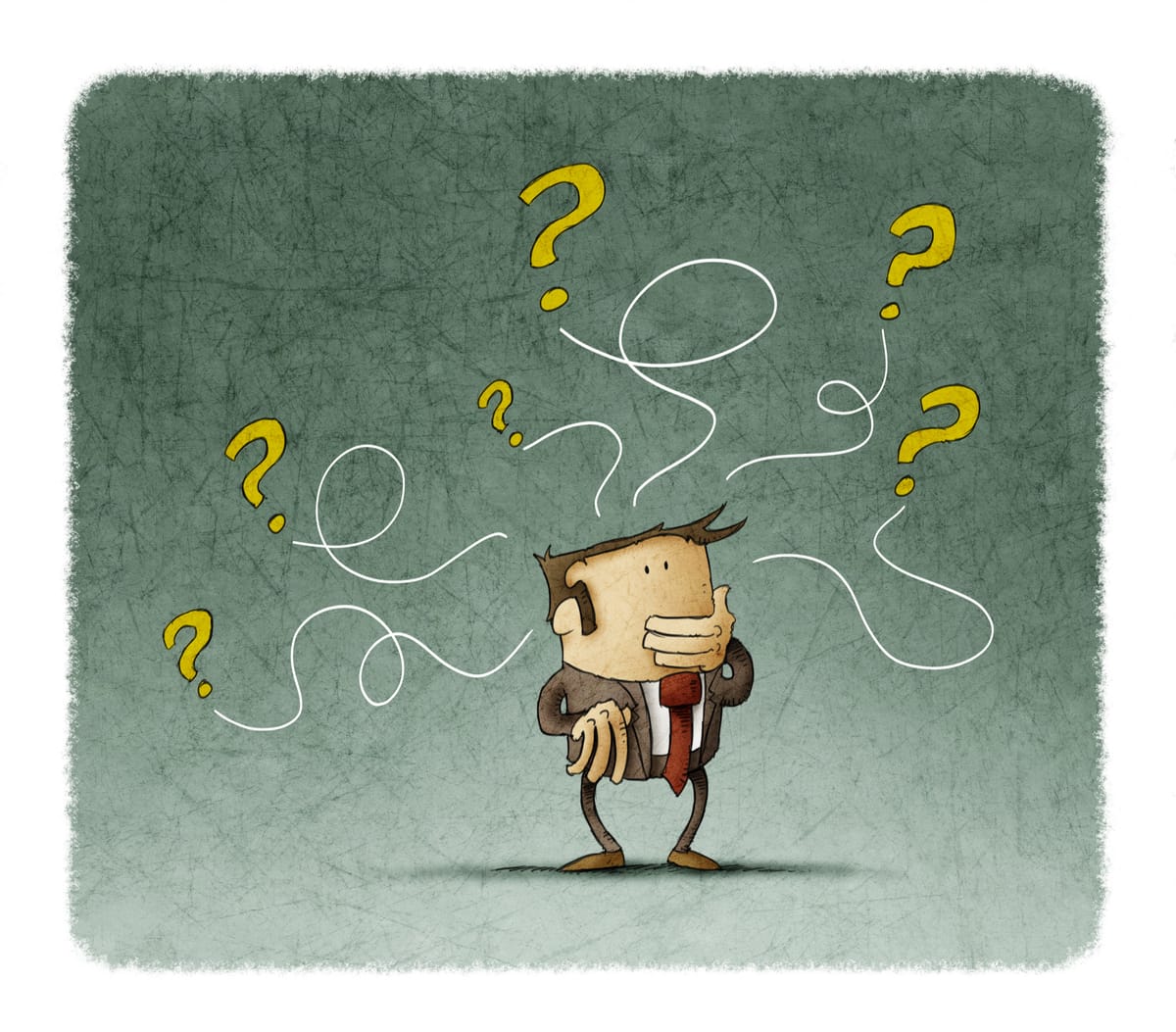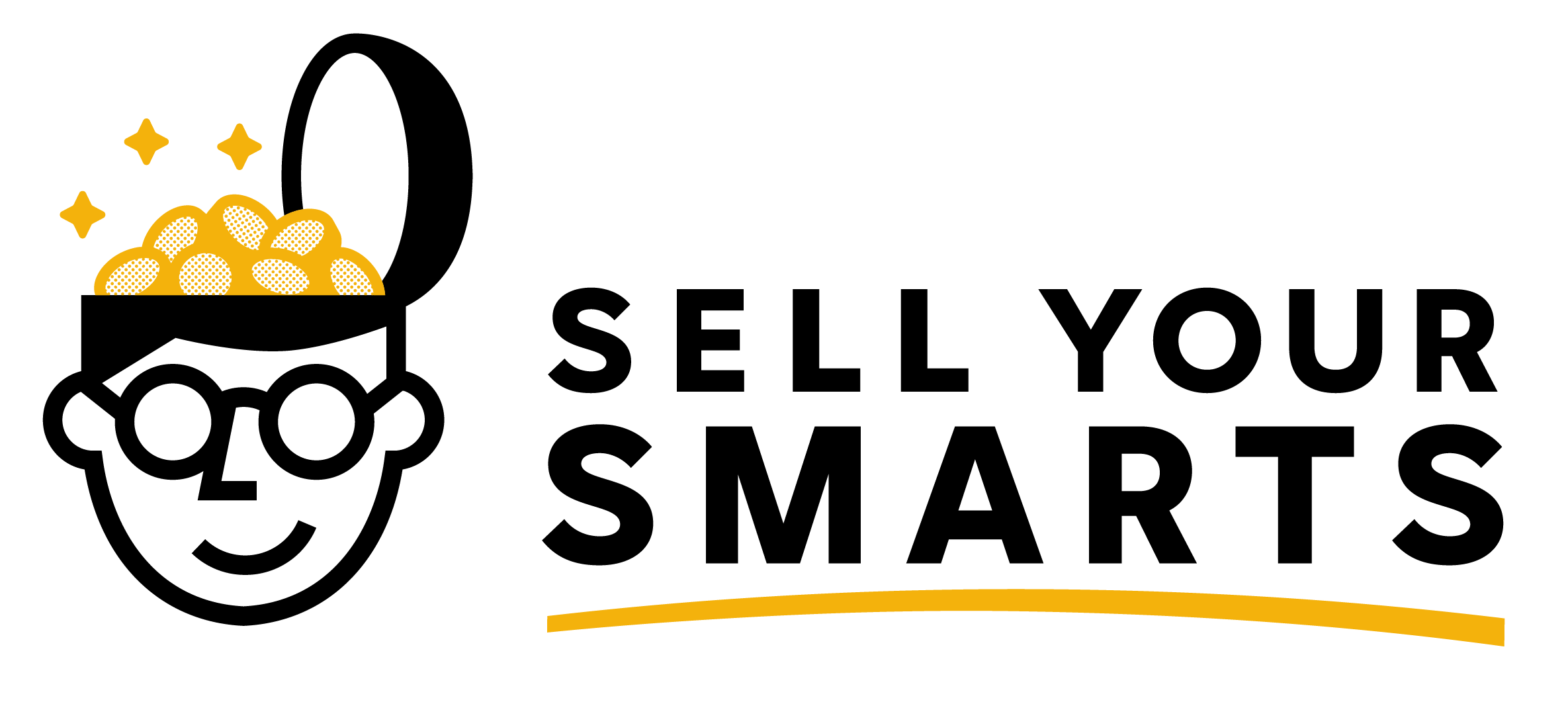How to Ask a Question (Hint: With a "?")

I've been to a fair number of presentations in the past few months on an array of different topics. Inevitably, the speaker opens the floor for questions from the audience.
Almost without exception, what follows is confusion.
Each person that raises a hand of approaches the microphone seems to do so with confidence, but once they've had a chance to speak it's not always clear what exactly they meant to ask—or if they had a question at all.
I don't think this is intentional on the part of the audience. Students are taught today that “There's no such thing as a bad question” which—while possibly true—leaves out the important point that there is such thing as a good question.
A good question…
- Starts with a “W”
Who, what, when, where, and why are the basic words we use every day to ask questions. If your question starts with one of these, you're off to a good start! (Of course, there are other words like “how” you can use too). - Gets straight to the point
Keep it short and simple. A good question should be specific and direct, rather than full of too many “I ask because” justifications or grammar hiccups like double negatives. Generally, your question shouldn't be longer than 1 or 2 sentences. - Ends with a question mark
This is one of the easiest signs of a question in the English language, but statements like “I'm sure you also know that insert fact here” continue to be accepted as questions at almost any event! Of course, there are always some individuals who view the Q&A session as an opportunity for them to share info with the audience that the speaker “must have overlooked,” but that's not what this time is designed for.
I should add that you need to hit all three of these points to frame a great question, one or two alone aren't enough. For example, check out the two security questions below from the healthcare.gov website. The first example, “Type a significant date in your life?” gets straight to the point and ends with a question mark, but do you see what's missing?
Question 1 doesn't start with a “W,” and the result is an awkward sentence that is more command than a question. Question 2 may be a little odd (does “Grandma” count?), but it's definitely a question.
When you ask a question at a public event like a presentation, you're using every audience member's time & attention in addition to that of the speaker. For this reason, it is especially important that you always ask a good (or great!) question.
Question: How would you describe a good question?
